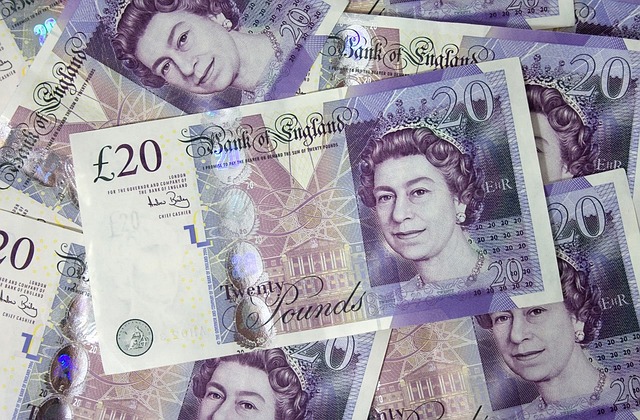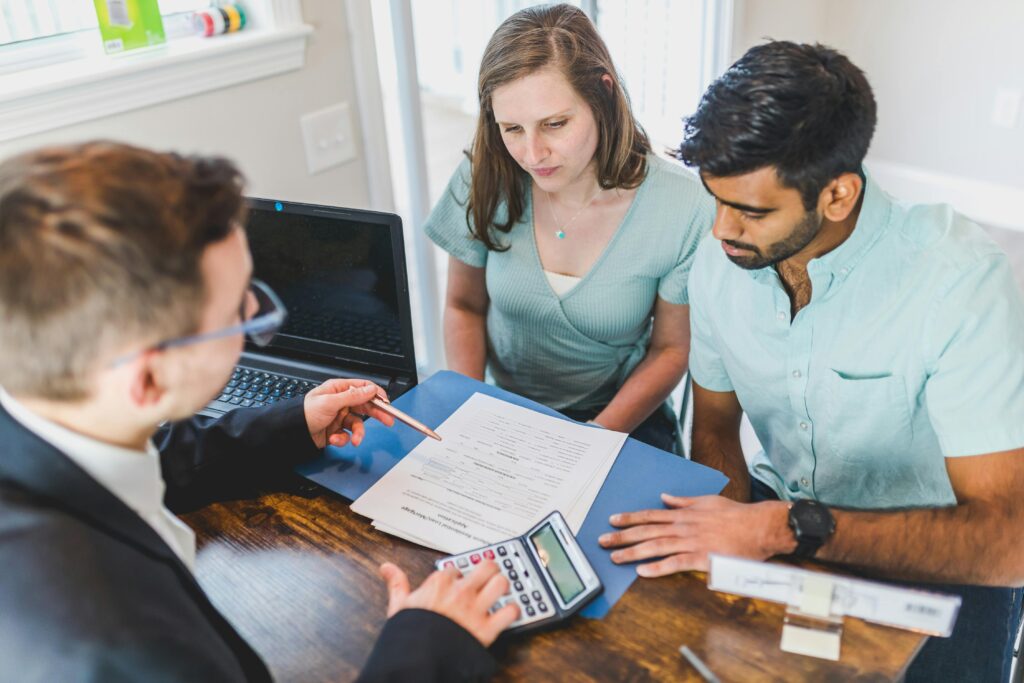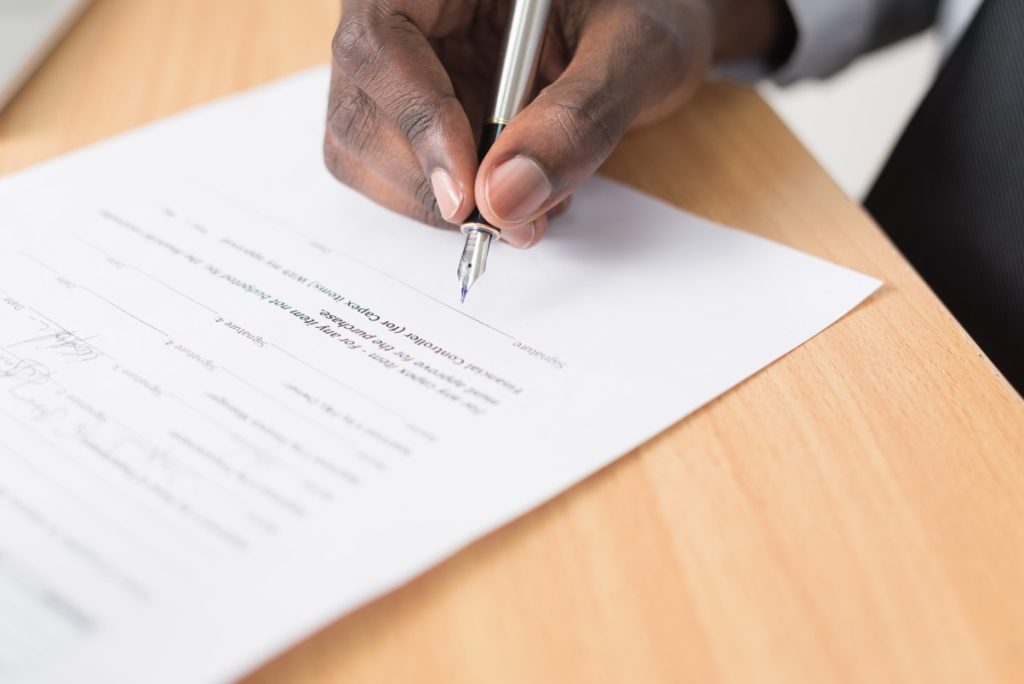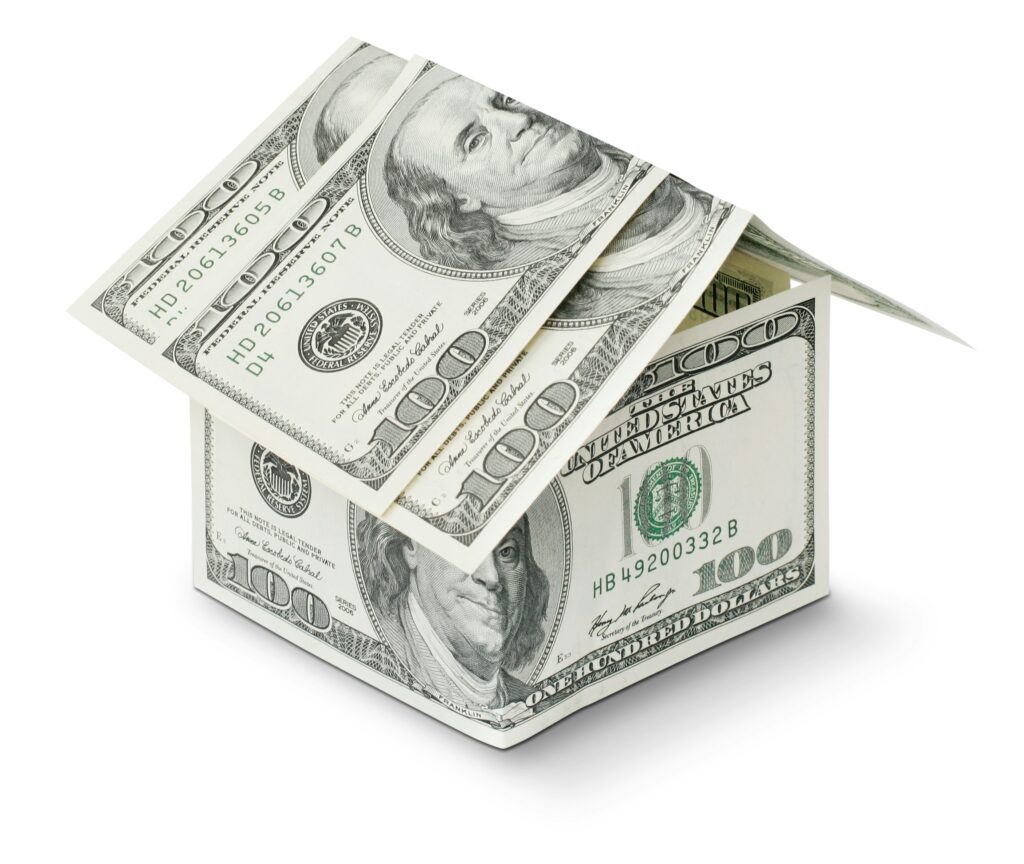Selling your home isn’t just about sticking a ‘For Sale’ sign in the garden and waiting for the offers to roll in. One of the trickiest parts is figuring out how much your property is actually worth. Get it wrong, and you could be left twiddling your thumbs as your house sits on the market, or worse, sell for less than you should have.
So how do you nail that all-important asking price? The answer lies in getting valuations from estate agents. But here’s the rub—one valuation might not be enough.
Why getting an accurate valuation matters
Think of it this way. If you were selling your car, you probably wouldn’t take the first offer that came along. You’d shop around a bit, right? The same goes for your house, only the stakes are much higher.
Different estate agents might spot different selling points in your property. Maybe one notices how your south-facing garden is perfect for summer barbecues, while another picks up on the potential for a loft conversion. These little details can add up to big differences in valuation.
Plus, let’s face it, some estate agents might be a tad optimistic with their valuations to win your business. Others might lowball to get a quick sale. By getting a few opinions, you’re more likely to hit that sweet spot of a realistic, achievable price.
Should you get multiple house valuations?
Getting a few different opinions on your home’s value can be eye-opening. Each agent might spot something unique about your property that others miss. It’s not just about the numbers here. It’s also a chance to gauge which agent seems most enthusiastic and knowledgeable about selling your home.
Sure, it takes a bit more time, but it could save you from pricing mistakes that might cost you thousands in the long run. Just remember, it’s not always about picking the highest valuation, but finding the one that feels right and is backed up by solid market evidence.
How many valuations is enough?
Generally speaking, aim for two to three valuations. This gives you a good spread of opinions without turning your home into a revolving door for estate agents.
If the first two valuations are pretty close, you might feel confident enough to go with those. But if there’s a big gap between them, it’s worth getting that third opinion to help you figure out which end of the scale is more realistic.
What if you’ve got an unusual property?
If your home is a bit out of the ordinary—maybe it’s a converted windmill or a super-modern eco-house—you might want to get more than three valuations. Unique properties can be trickier to price, so casting a wider net can help you get a more accurate picture.
The same goes if you’re selling in a really volatile market. If house prices in your area are bouncing around like a kid on a sugar high, more valuations can help you pin down a sensible asking price.
What to expect during a house valuation
When an estate agent pops over to value your home, they’re not just pulling a number out of thin air. They’ll want to have a good nose around your property, inside and out. They’ll be looking at things like the overall condition, any improvements you’ve made and standout features.
Don’t be shy about pointing out recent upgrades. That fancy new kitchen or the garden landscaping you slaved over could make a difference to the valuation.
How do estate agents determine the property value?
The agent will also be considering your location. Is your house in a sought-after school catchment area? How’s the transport links? Is there a lovely new pub just down the road? All these factors play into your home’s value.
They’ll also look at recent sales of similar properties nearby, current market trends, and the overall condition of your home. Agents use a mix of data and local knowledge to come up with a figure that reflects both the property itself and its wider context in the local market.
Should you trust online valuations?
These days, you can get an online valuation of your home in about the time it takes to make a cup of tea. But while these can be a handy starting point, take them with a pinch of salt.
Online tools use algorithms based on sold prices and general info about your area. They can’t tell if you’ve got a brand-new bathroom or if your neighbour’s overgrown leylandii is blocking all your light.
Use online valuations as a rough guide, but don’t rely on them as gospel. They’re no substitute for an experienced agent actually walking through your front door.
How to choose the right estate agent for a valuation
Remember that a valuation visit isn’t just about getting a number. It’s also your chance to size up potential estate agents. Pay attention to how they communicate. Do they know their stuff about the local market? How do they plan to market your property?
Don’t be shy about asking questions. A good agent should be happy to explain their thinking and provide evidence to back up their valuation.
What to do if valuations differ slightly
So you’ve had your valuations, but the figures are all over the place. What now? First off, don’t panic. Some variation is normal. If they’re within 5-10% of each other, you’re probably in the right ballpark.
If there’s a bigger gap, it’s time to dig deeper. Ask each agent to explain how they reached their figure. What similar properties did they compare yours to? How did they factor in your home’s unique features?
Don’t be afraid to challenge them if something doesn’t add up. A good agent should be able to back up their valuation with solid evidence.
Getting a property revalued
Markets can change quickly. If your home’s been sitting on the market for ages without much interest, it might be time for a fresh valuation. The same goes if you’ve made significant improvements to your property or if there have been major changes in your local area, like a new train station opening up.
Getting the most accurate valuation
To make sure you’re getting the most accurate valuation possible, there are a few things you can do. First off, give your house a good tidy before the agent arrives. You don’t need to go overboard, but a bit of decluttering can help your home show its best side.
Be upfront about any issues with the property. Hidden problems will come out during surveys anyway, so it’s better to be honest from the start. On the flip side, don’t be afraid to shout about any great features or recent upgrades.
It’s also worth asking the agents if there are any quick wins that could boost your property’s value. A lick of paint, new carpets, or some minor repairs could add thousands to your asking price.
The goal isn’t just to get the highest number, but to find the right price that will attract buyers and lead to a successful sale.
In the kitchen, simply updating cabinet handles or adding a new backsplash can give it a fresh look. Don’t forget the outside. Well-maintained front and back gardens create a great first impression. Just be sure to weigh the cost of any improvements against the potential increase in value before diving in.
Next steps
Now that you’re armed with the know-how, it’s time to get those valuations rolling. Start by searching for two to three reputable local estate agents. Look for those with good reviews and a solid track record in your area.
If you’re after a quicker, more straightforward sale, Property Rescue might be worth a look. We offer no-obligation cash offers and buy directly, making the process fast and hassle-free. With Property Rescue, you’ll avoid estate agent fees, and we’ll cover all legal costs. Don’t worry if your home needs a bit of TLC either. We’ll buy it as-is. It’s an option worth considering if speed and simplicity are your priorities. Get a free, no-obligation quote to see how much your home is worth.









